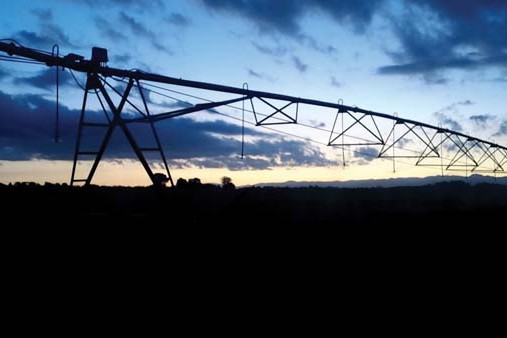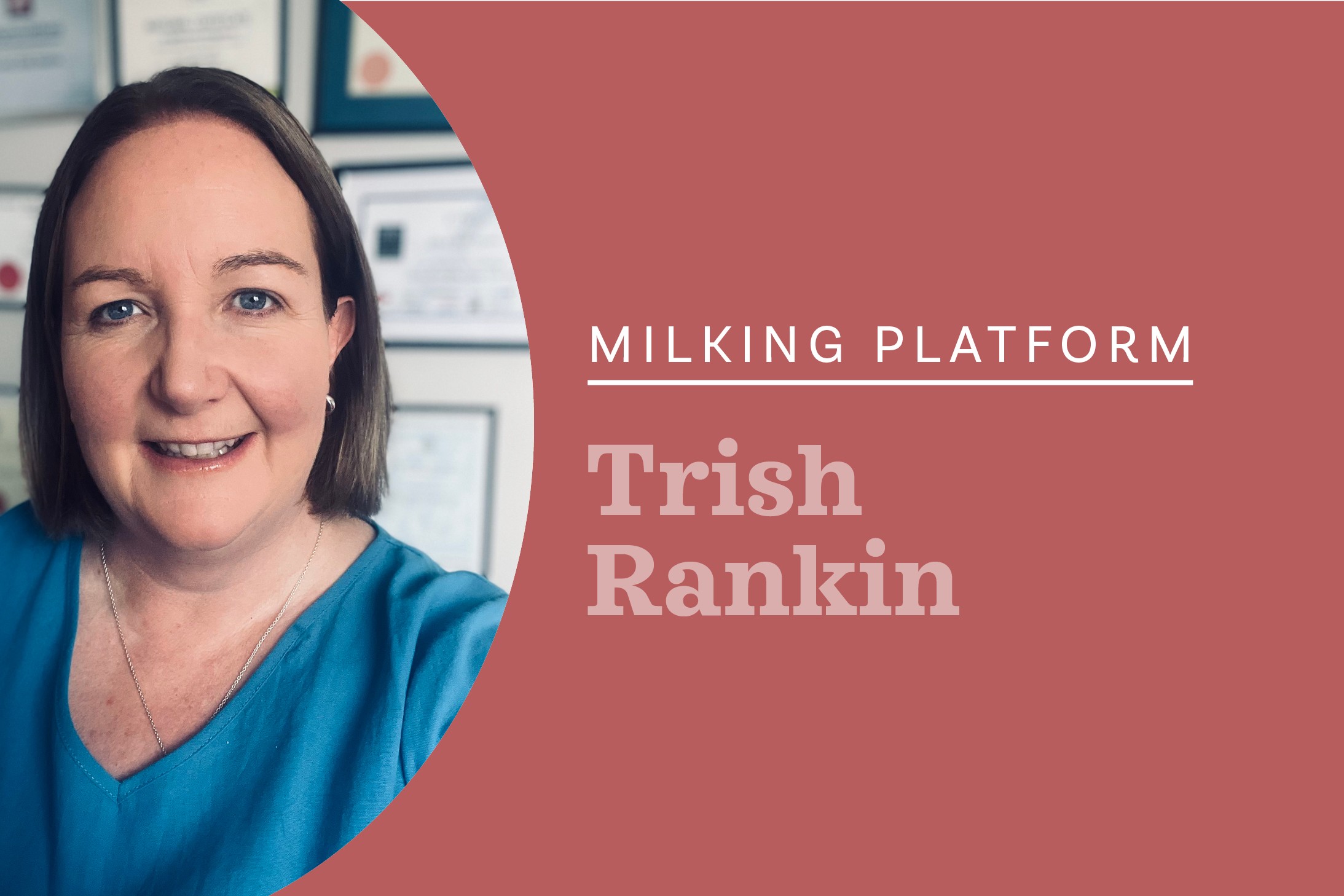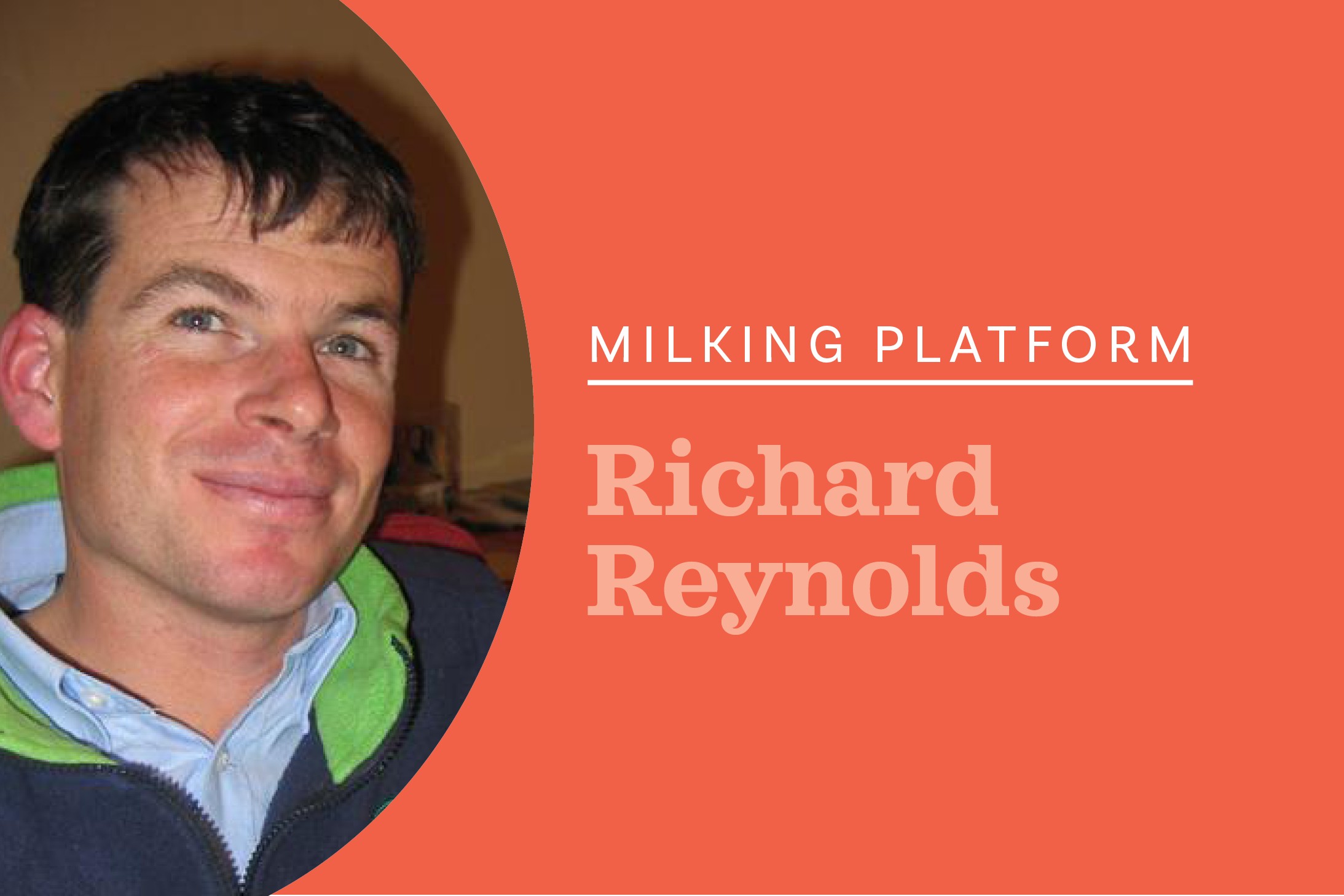Outram farmer Anne-Marie Wells and husband Duncan get some advice on managing staff.
“How many of you became farmers because you wanted to be a people manager?” was one of the first questions asked at a workshop I recently attended. Out of the 20-something farmers in the room (all of whom are employing people), none could say that was the reason we became farmers.
The workshop was the first in the series of the ‘Primary Sector People and Team Leadership Programme’ and I would highly recommend the programme to any farmers who are managing or hoping to manage staff.
Funded by MPI and hosted by Great South, the programme designers recognise that progression in the farming industry often results in the need to employ and manage people, but farmers don’t usually get sent on ‘people management’ or ‘team leader’ courses the same way other industries do, and, as a result we miss out on the knowledge which makes the people management side of the job easier, legally compliant, and consequently more enjoyable (or at least less painful).
I believe we got so much out of the course because both Duncan and I attended.
I am quite partial to a training course (particularly if it involves lunch and a free pen) but getting Duncan along to this kind of thing can be a challenge, and since it is Duncan who is working with people day in and day out, it would not have had the same impact if he hadn’t been there as well.
Our key takeaways were the different stages of learning, understanding personality differences, sharing farm goals, and illustrating individual training and progress.
We learnt that few people are motivated by money or rewards, which seems hard to believe when an employee leaves for another farm offering more money. But it turns out understanding the big picture of what the business is trying to achieve, being given autonomy, and seeing their training record filling up is more likely to retain a team member than an overly large salary or grade-free bonus.
It’s no surprise that a team will be made up of different personalities, what is surprising is how little we have been taking that into account when running our farm.
An early exercise was for our farm team to complete the DOPE test (Dove, Owl, Peacock, Eagle) which identifies a person’s style and then explains the strengths, risks and how to get the best out of someone with that style. It has made us think about how to communicate, interpret, and motivate our team.
Understanding the stages of learning was a real eye opener for us. We can have someone who knows the job inside-out training someone who has never done it before. Realising an experienced person can forget to explain parts of a task – because it’s so second nature to them – and an inexperienced person doesn’t know what to ask about – because they don’t know what they don’t know – has got us rethinking our expectations.
We are far more enthusiastic about putting our learning into action on the drive home than the reality of being back on farm allows, but we are taking steps to get there. Training charts have gone up on the wall, the personality test has been added to the new starter pack, and we are working out how to best explain the big picture to our team. Interestingly, none of these initiatives cost a thing.





